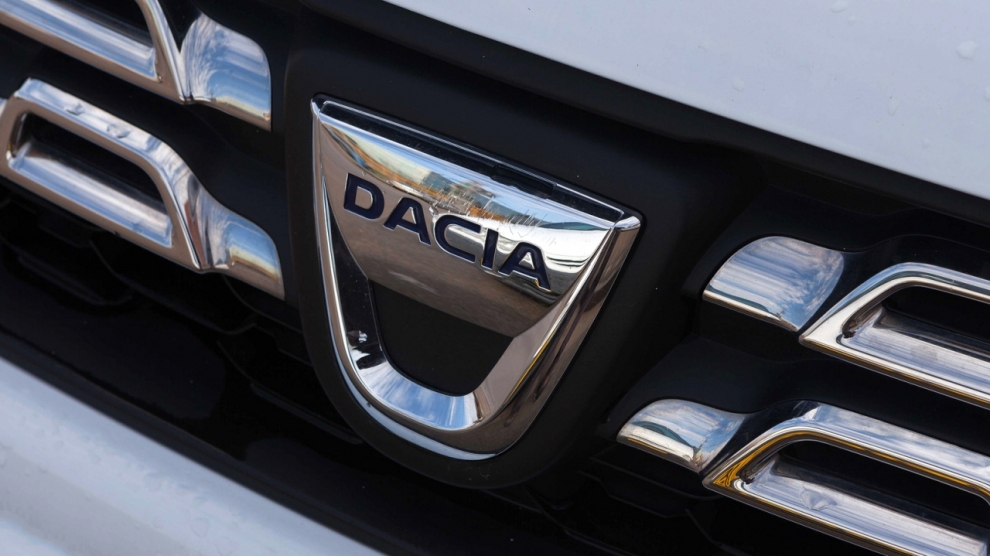Almost three decades since the fall of communism, emerging Europe brands still do not shine as bright as their western counterparts.
The latest Nation Brands report, published by Brand Finance, shows how Brand Romania, Brand Slovakia, Brand Bulgaria and other nation brands from emerging Europe are much weaker and less valuable than their western neighbours — and with a long way to go before they can carry their economies in times of distress. Perceived higher market risk has also been reflected in lower FDI and M&A flows over the past three decades.
Yes, post-1989 privatisation has produced some notable results – see VW Group’s acquisition of Škoda in the Czech Republic or Renault’s takeover of Dacia in Romania. Flourishing under foreign ownership, both are now successful, internationally recognisable brands, whilst retaining importance for their respective home economies. However, once the gold rush was over, it was back to business as usual, and after the Great Recession, investment flow picked up much slower in emerging Europe compared to western Europe, even though the former showed resilient GDP growth rates. When looking to invest in a country — unless you literally spot a gold mine — there is always going to be another choice. Deciding between such options involves more than financial arguments; emotions and perceptions are equally powerful.
Country Brand vs. Product Quality
Emerging European product and corporate brands faced the same conundrum of being born in high aspiration but subject to fierce competition from stronger foreign brands. They have struggled to gain recognition outside their hometurf. For instance, while Romanian software engineers are held in high regard in the campuses of Google and Facebook, and the Romanian antivirus product Bitdefender is consistently ranked among the best in the world, few would be convinced to buy a ‘Made in Romania’ technology product. That is more a perceptional effect of the country’s brand than of the product quality. So, back to square one.
Various attemps to implement a quick fix for a country’s brand via media campaigns have been mired in controversy, and have not delivered, even when done diligently. For instance, Poland established an Institute for Polish Brands in the 1990s, and hired Wally Olins – arguably the best consultant on the matter at the time – but it subsequently gave up on the strategy because of domestic political struggles. On the other hand, which campaign, however strong, could amortise a nation brand against a singular event like Brexit?
Many look to huge investments in tangible assets, such as land, factories, and equipment, to help emerging European economies catch up with the West– and limited capital resources are the most common excuse of governments. However, the concept of soft power, which derives from the use of appeal rather than military or economic force, allows an otherwise small nation to punch above its weight. ‘Soft power is atractive power’ – in the words of Joseph Nye, who coined the term – and it relies mostly on intangible assets, comprising rights, relationships, and intellectual property, including brands.
A Virtuous Circle
The latest Brand Finance Global Intangible Finance Tracker (GIFT™), the world’s most extensive annual study on intangibles, found that intangible assets had grown to constitute nearly 52 per cent of the global economy’s total worth in 2016. Possessing extensive tangible assets is no longer a prerequisite for success – just look at the most valuable companies in the world, the likes of Google, Apple, and Facebook, whose worth is based almost exclusively on intangibles.
Coming back to emerging European product, corporate, and nation brands, the value-based approach to measure, strengthen, and grow appears to be the best way forward. The development of brands and other intangible assets, without drawing on huge material resources, could fuel an increase of these countries’ soft power. This is an opportunity that should not be missed.
With each foreign visitor enjoying a local brand, with each satisfied buyer of branded products abroad, a positive impression fills in a blank or replaces a negative association. The nation brand gradually strengthens and returns as wind beneath the wings of local brands, in a virtuous circle.
While – at least for the time being – few emerging European brands feature in global league tables, each country in the region has grown a vibrant landscape of local brands that gradually expand across borders. This year, Brand Finance ranked the 50 most valuable Romanian brands – the first ever such ranking in emerging Europe, and the results are a testament to the region’s optimistic dynamism. Five of the top 10 Romanian brands, and more than half of the top 50, are brands created and developed by entrepreneurs over the past 28 years, in sectors such as retail, banking, FMCG, and technology.
Maybe emerging European brands should also look further east, to the Asian, and especially Chinese brands, which have managed a perceptional turnaround in a relatively short time, from being regarded as cheap and unreliable to producing technological marvels – and as a result rising notably in global rankings.
The time has come for emerging Europe brands and nations to follow suit.
—
The views expressed in this opinion editorial are the author’s own and do not necessarily reflect Emerging Europe’s editorial policy.

